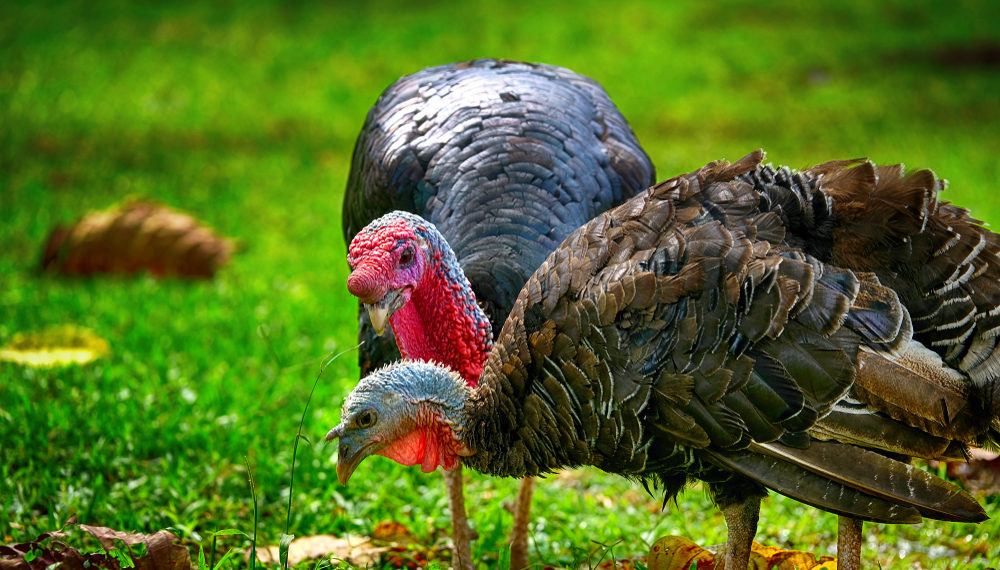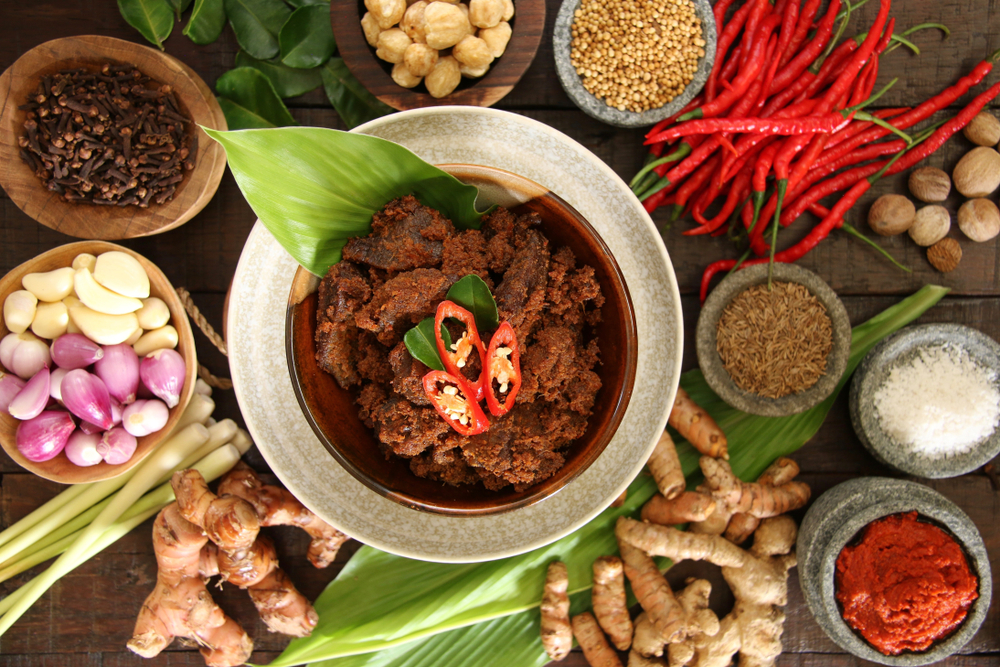“Why are turkeys called turkeys when they come from North America?”
Good question. There have been a number of guesses over the years as to how turkeys got their name. One story holds that turkeys sometimes make a “turk turk turk turk” noise, so their name is derived from that. Turkeys are better known, however, for the gobble sound produced by the males, so one would have expected that to inspire their name.
Others have guessed that the word turkey is derived from the word “tuki,” which is Hebrew for peacock.
The real story behind the name has to do with 16th-century trade. Turkeys weren’t introduced to Europe in large numbers until the 16th century. Another popular bird being traded throughout Europe at the same time was the guinea fowl, which came from Madagascar through the Ottoman Empire.
The Ottoman Empire, at the time, was a large realm that controlled parts of northern Africa, western Asia, and southern Europe. It first arose in Turkey and its capital was Constantinople (present-day Istanbul).
Merchants who traded with the Ottoman Empire were often called “turkey merchants,” and their goods were described in a similar fashion. Thus, the guinea fowl was often called a “turkey fowl,” and other goods from the Ottoman Empire were called “turkey wheat,” “turkey corn,” and so on.
Spanish explorers and conquistadors were the first Europeans to find the North American turkey, and they brought it back to Spain. It then spread to other parts of Europe. Many Europeans thought the North American bird was a different type of guinea fowl, so they called it a “turkey fowl,” which was later shortened to just “turkey.”
Amusingly, other countries have names for the turkey that come from similar misunderstandings. The Turks themselves, for example, call the turkey “hindi,” which is also their name for India. The name probably comes from the old and mistaken belief that North America was part of Asia. When Christopher Columbus found some of the Caribbean islands, he’d believed that he’d found a new route to India and thus called the natives “Indians.”
Similarly, the French call the turkey “dinde,” which is derived from “d’Inde,” which means “from India.” Portuguese people call the turkey “peru” after the South American country of the same name. The Vietnamese call the turkey “gà tây,” which simply means “western chicken.”
Other names for the turkey reference its size rather than supposed country of origin, whether correct or otherwise. Speakers of Dari in Afghanistan call the turkey “fel murgh,” which means “elephant chicken.” People in Myanmar call the turkey “kyat sin,” which also means “elephant chicken.”




